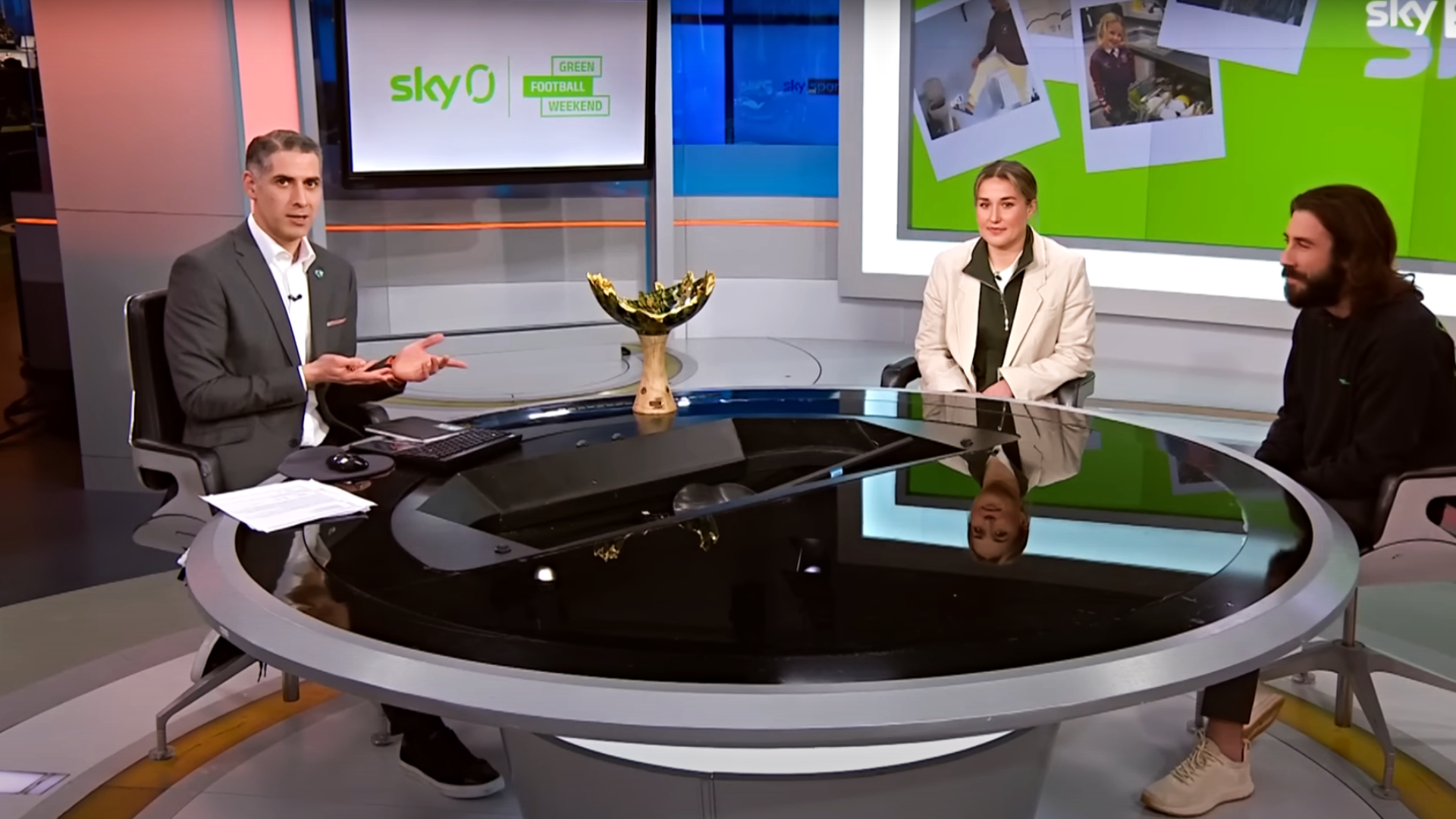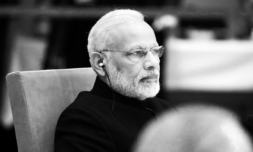Over 80 teams across the Premier League, lower English divisions, and Women’s Super League partook in the Green Football Weekend between February 3-5. Clubs implemented their own eco ideas while fans competed in a sustainable action league.
On Friday evening, Liverpool legend Jamie Carragher approached Chelsea FC catering staff to ask for a cup of tea ‘with vegan milk.’
Prompting mocking laughs from co-pundits Gary Neville and Karen Carney, this wholesome moment goes to show that football really needs to buck up its ideas up regarding all things sustainability.
To Jamie’s credit, he was trying to imbibe himself in the positive milieu created by the Green Football Weekend: a now annual campaign aimed at making the sport of football more climate friendly as its exponential growth continues.
Primarily covered by Sky Sports and BT Sports, this initiative encouraged clubs in the Premier League, lower English divisions, and the Women’s Super League to make small sustainable changes for a combined impact of real significance.
Stadiums across the country offered scran – that’s footie lingo for food – with a vaster array of discounted vegan and vegetarian options, and opted for reusable cups and recyclable materials over single-use plastic. These practices were largely adopted across the board, but each individual club had its own ideas too.
In the Premier League, Tottenham put on a match-day shuttle bus and carbon neutral coach service to encourage fans to take public transport. Liverpool travelled away to Wolverhampton Wanderers in a team bus using sustainable fuel, and the home outfit announced a strategy to become net zero by 2040.
Southampton Women and Aston Villa Women ran education seminars on sustainability for their teams and subsidised their fans’ coach travel. Meanwhile, Middlesbrough and Carlisle United hosted collections for sustainable boots and clothing, and set stools for local charities.




















